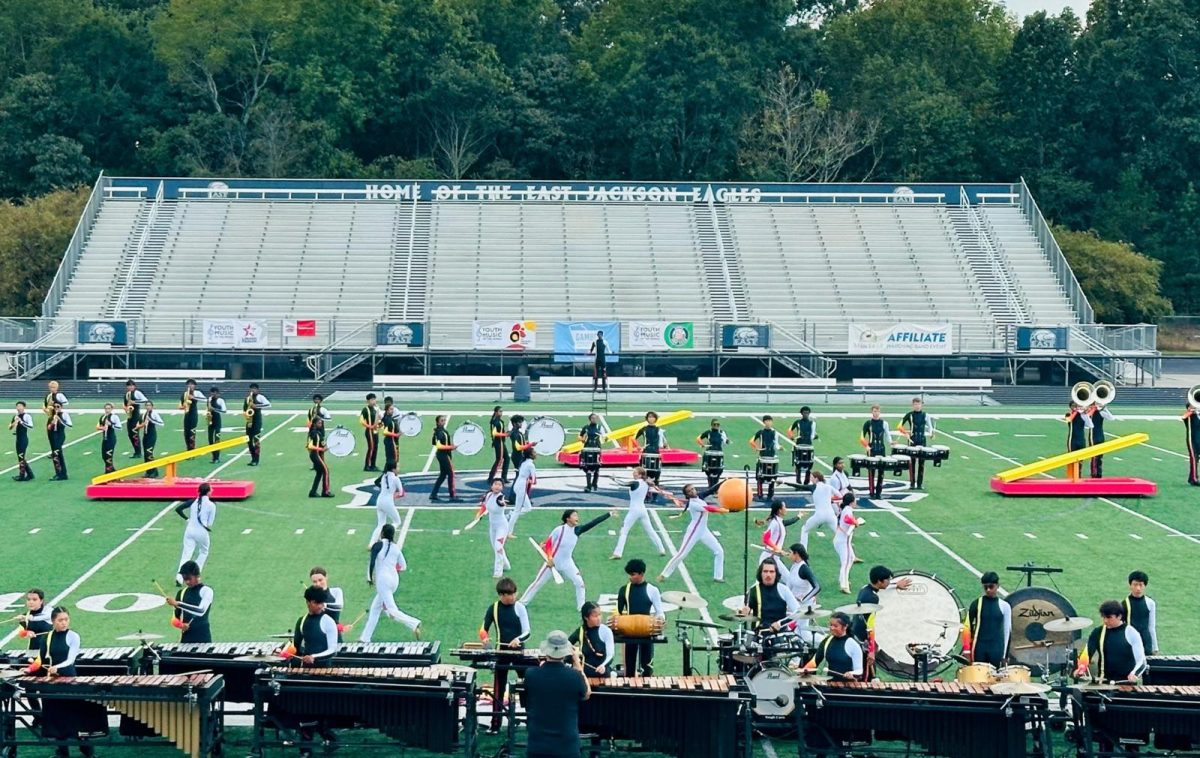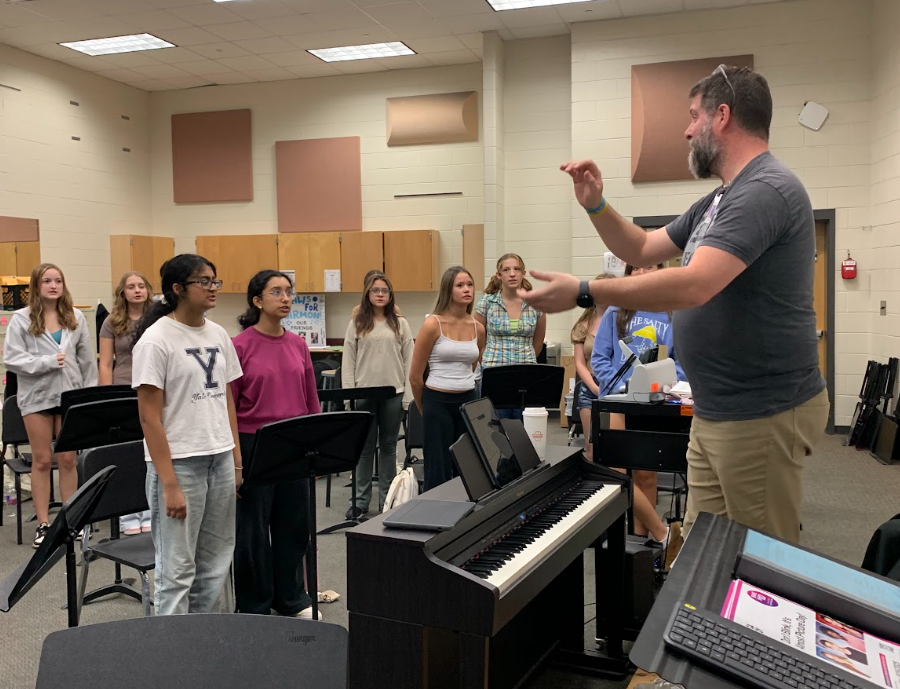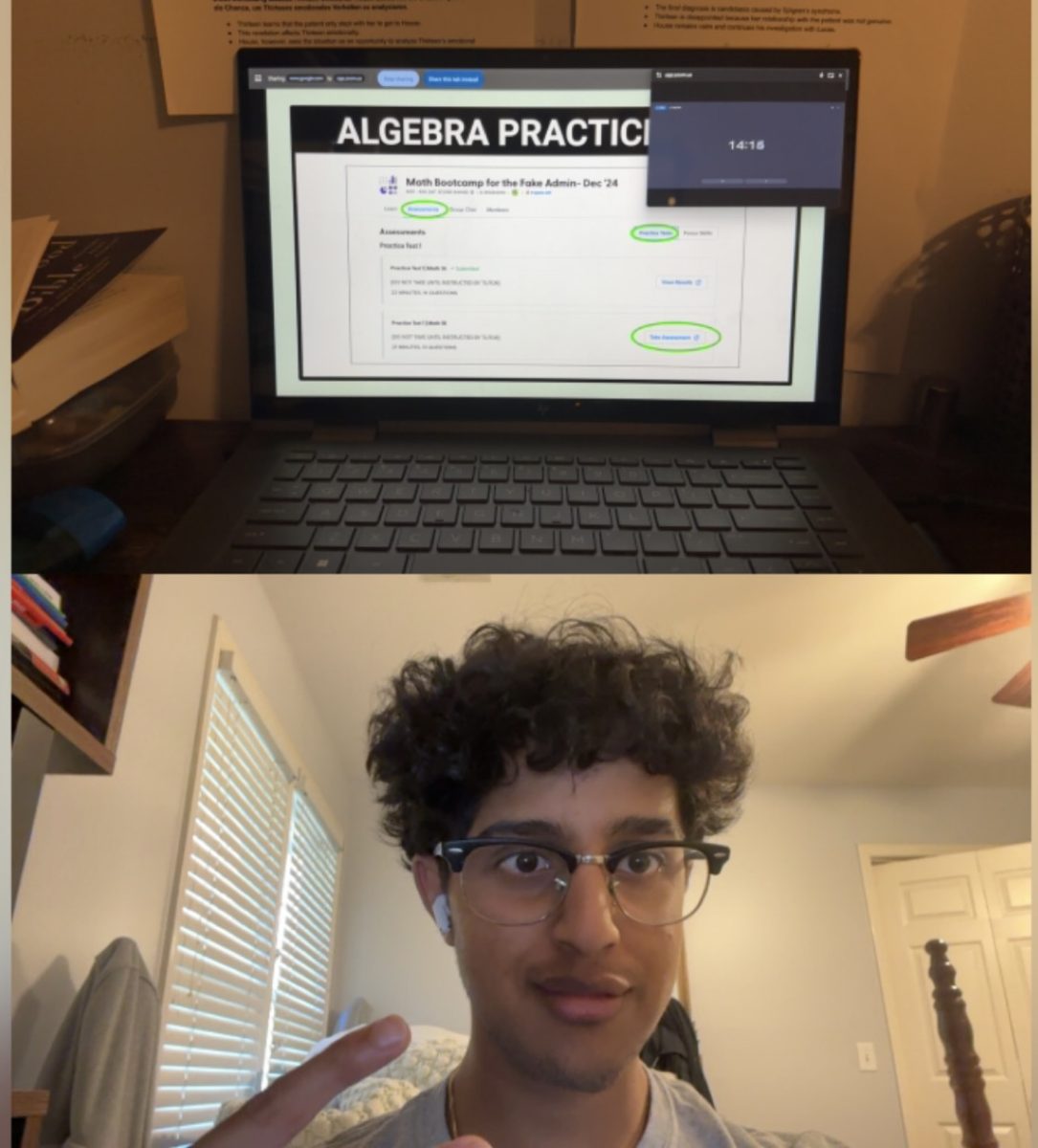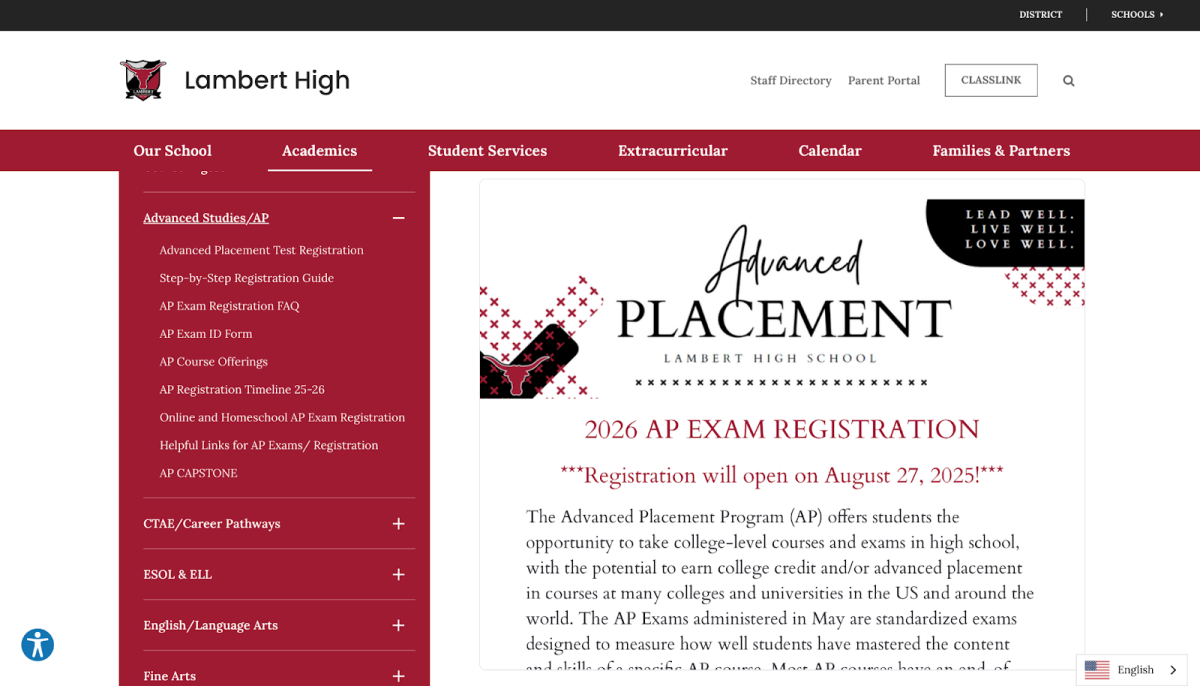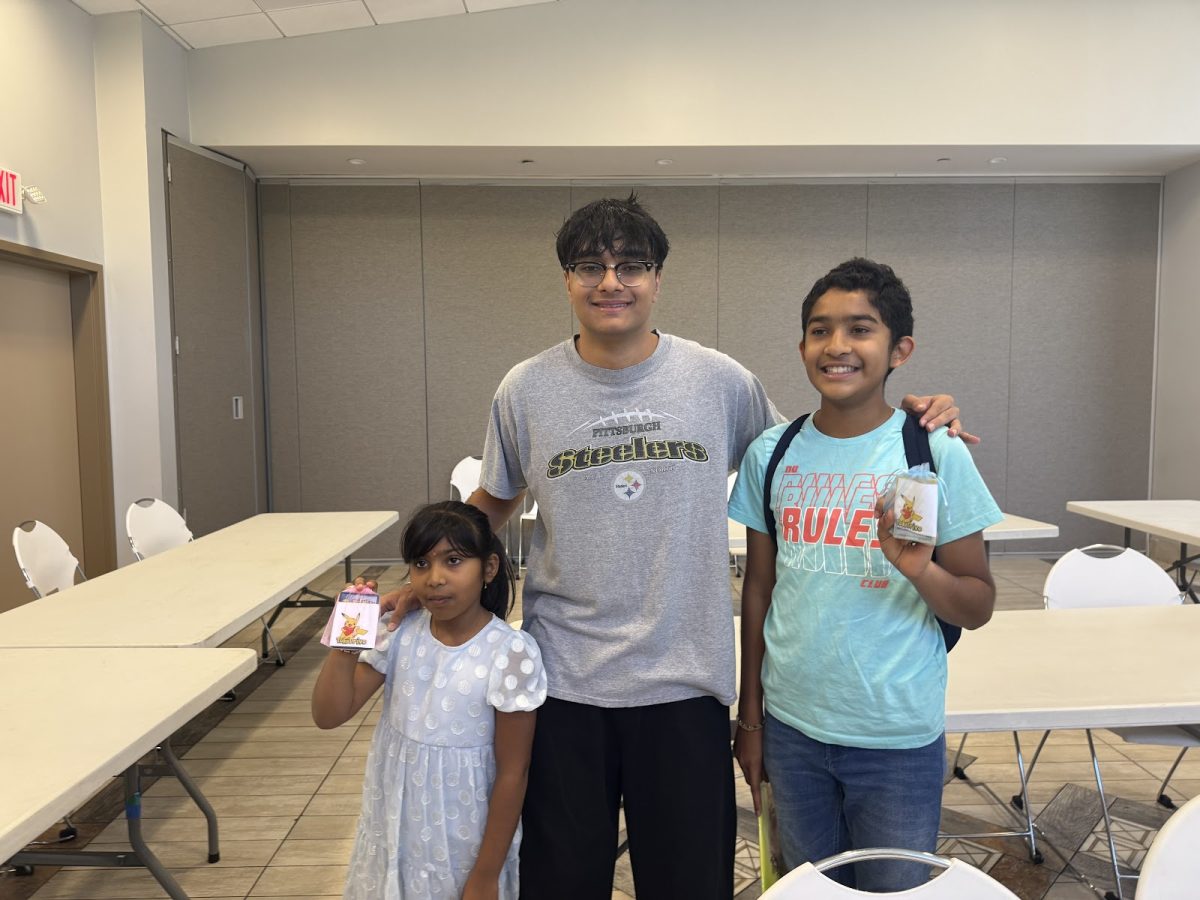Spotify recently released a new feature called “Song Psychic” on Leap Day, February 29th. This new in-app tool ditches traditional fortune-telling methods and instead uses the power of music to answer your “burning questions.” Whether you are seeking guidance on love, career advice or even what to make for lunch, Song Psychic offers a unique and playful way to navigate life’s uncertainties through the lens of your favorite tunes.
Song Psychic first starts with a selection of categories for the listener to choose from. Once a category is chosen, the listener is prompted to input their question. After a moment, Song Psychic provides a song suggestion based on the question asked. From there, the listener can either choose to listen to the song or start over with a new question.
For listeners, the opinions were mixed. While some embraced the new feature, others were hesitant to the change.
“I always like it when Spotify releases a new feature like Song Psychic,” Lambert junior Jay Hyun said. “Customizable content is interesting to explore. It’s something that’s fun to mess around with and makes listening to music more interesting.”
Features like Song Psychic add an enjoyable dimension to music listening. It provides users with personalized insights and fun ways to engage with their music, making the experience more dynamic and interesting. These features enhance the connection between listeners and their music libraries, fostering a deeper appreciation for the art form.
In addition to features like Song Psychic, the success of Spotify Wrapped further underscores the growing desire for personalized music experiences. Spotify Wrapped, an annual feature that provides users with a summary of their listening habits, has become immensely popular, demonstrating the appeal of tailored content within music streaming. This success reflects the evolving nature of music consumption as listeners not only want access to vast libraries but also meaningful interactions that add to their listening journey.
One of the most common complaints by users, however, was the inaccuracy and often bad suggestions the feature provided. Criticisms centered on the tendency for suggestions to lean towards mainstream songs rather than personalized ones. Some of the more popular songs included were “Rhiannon” by Fleetwood Mac, “Cosmic Love” by Florence + The Machine and “Crystal” by Stevie Nicks.
“Song Psychic’s algorithm isn’t that good,” Lambert sophomore Paul Phlong said. “I tested it out with a bunch of different questions and it just gave generic and pop songs or just random suggestions. It’s a flop compared to past efforts by Spotify like Wrapped.”
Criticisms such as Phlong’s highlight potential limitations of the feature. Inaccurate suggestions suggest room for improvement in the algorithm’s predictive capabilities, particularly when compared to past features such as Spotify Wrapped. These critiques reflect the ongoing challenge of balancing innovation with functionality in algorithm-driven services.
Additionally, it is essential for algorithms to prioritize individual preferences over generalized trends when it comes to music recommendation features like Song Psychic. While mainstream songs certainly have their place, the true value of such algorithms lies in their ability to cater to the unique tastes and preferences of each user.
All in all, while Song Psychic may not have pleased all users, its introduction reflects Spotify’s ongoing efforts to innovate and personalize the music streaming experience. As feedback is gathered and improvements are made, features like Song Psychic have the potential further to grow the connection between listeners and their music libraries.





